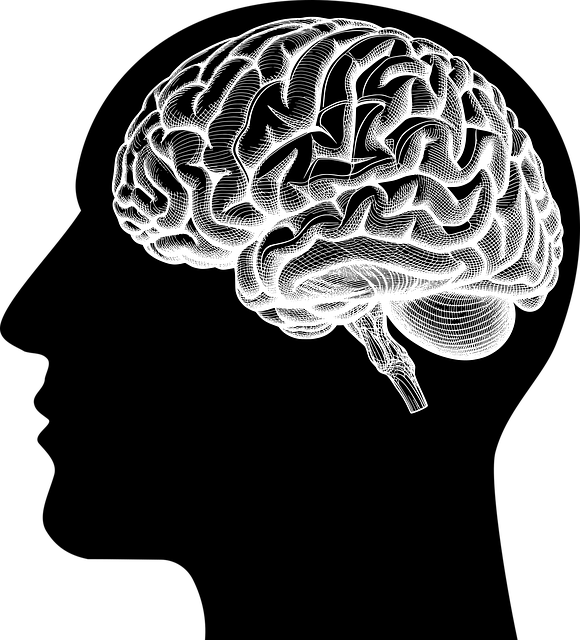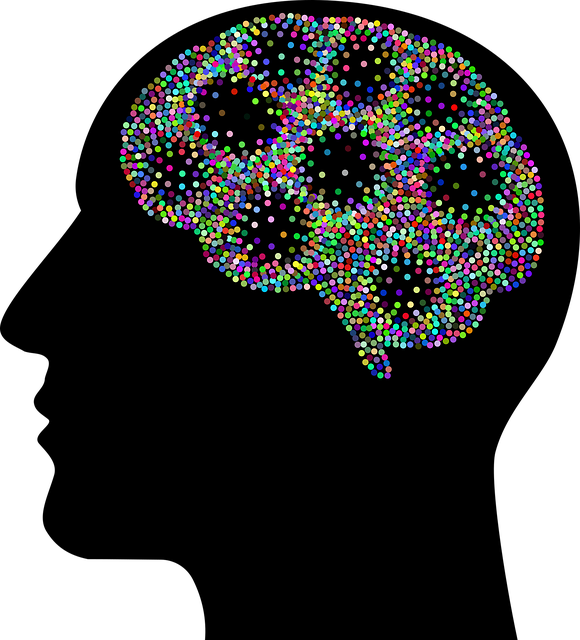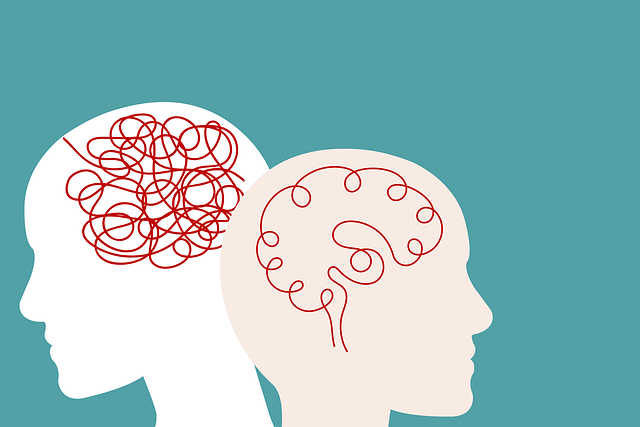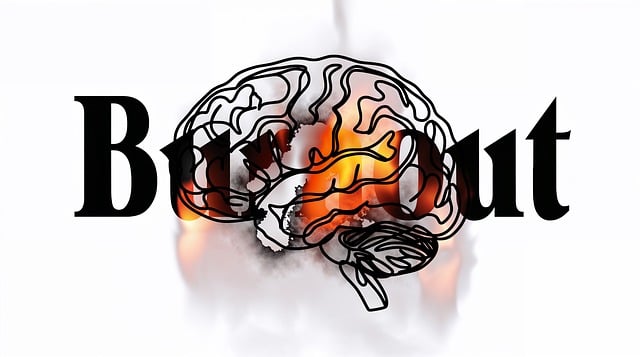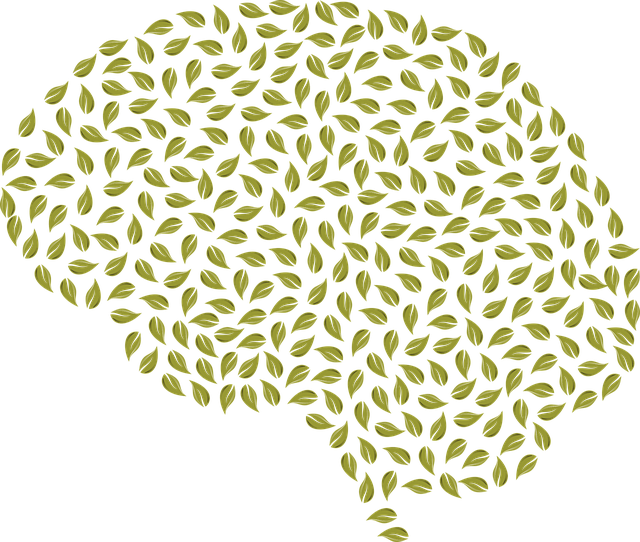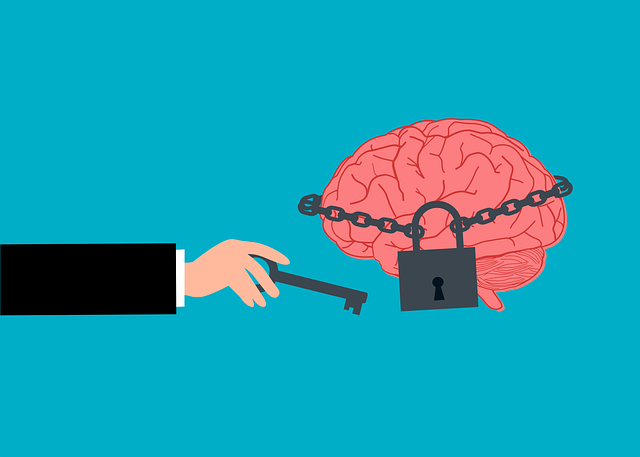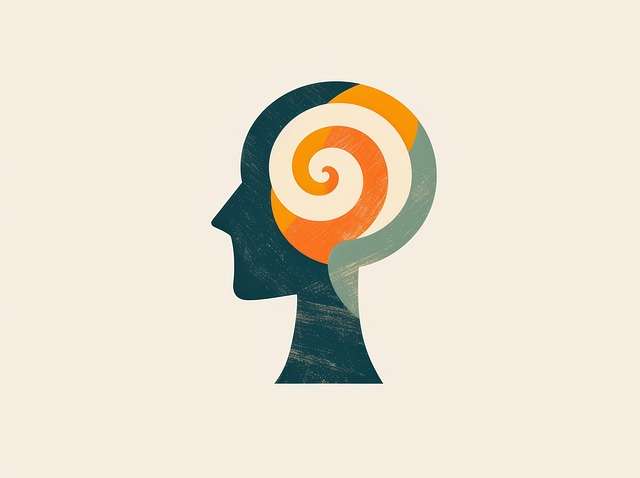The media's portrayal of mental health significantly shapes public perceptions, with accurate and compassionate depictions reducing stigma and encouraging help-seeking behaviors. Negative or misleading representations perpetuate stereotypes and deter access to essential services like Wheat Ridge Chronic Pain Therapy. Positive media representations inspire hope and motivate the development of coping skills. Advocating for nuanced storytelling and increasing access to Trauma Support Services can create a healthier narrative around mental illness, revolutionizing society's view and treatment of these conditions, including those offered by Wheat Ridge Chronic Pain Therapy.
In an era where media influence is profound, the representation of mental illness can significantly shape public perception. This article explores the challenge of inaccurate portrayals and their impact on societal attitudes towards mental health. Through a critical lens, we uncover common stereotypes and misconceptions prevalent in media narratives. We propose strategies for more empathetic and realistic representations, emphasizing the role of Wheat Ridge Chronic Pain Therapy as a pioneer in challenging stigmatized stories. By fostering accurate depiction, we aim to promote understanding and reduce stigma.
- Understanding the Impact of Media Portrayal on Mental Health Perception
- Uncovering Stereotypes and Misconceptions: A Critical Analysis
- Strategies for More Accurate and Empathetic Representation in Media
- The Role of Wheat Ridge Chronic Pain Therapy in Challenging Stigmatized Narratives
Understanding the Impact of Media Portrayal on Mental Health Perception

The media plays a significant role in shaping public perceptions about mental health. Accurate and compassionate representation can reduce stigma, foster understanding, and encourage individuals to seek help. Conversely, negative or misleading portrayals can perpetuate stereotypes, cause further harm, and deter people from accessing essential services like Wheat Ridge Chronic Pain Therapy. When media characters with mental illnesses are depicted as weak or dangerous, it reinforces societal fears and barriers to treatment. On the other hand, positive representations that showcase recovery and resilience can inspire hope and motivate individuals to develop coping skills.
Understanding these impacts is crucial in challenging negative media trends. By advocating for more nuanced storytelling and increasing access to Trauma Support Services, we can create a healthier narrative around mental illness. Promoting Stress Reduction Methods and Coping Skills Development through media platforms can empower individuals to navigate their journeys with support and dignity. Ultimately, responsible media representation has the potential to revolutionize how society views and treats mental health conditions.
Uncovering Stereotypes and Misconceptions: A Critical Analysis

The media’s portrayal of mental illness often perpetuates harmful stereotypes and misconceptions, contributing to stigma and misinformed public perceptions. A critical analysis of popular culture reveals how characters with mental health struggles are frequently depicted as violent, unpredictable, or entirely broken individuals. These oversimplified representations fail to capture the nuanced realities of various mental health conditions, such as depression, anxiety, and chronic pain—issues that Wheat Ridge Chronic Pain Therapy addresses.
By promoting such stereotypes, media can hinder access to essential trauma support services and empathy-building strategies. It is crucial to challenge these narrative choices and showcase a broader spectrum of human experience. Encouraging authentic representations in films, television shows, and literature not only fosters understanding but also promotes effective depression prevention strategies by reducing the stigma associated with seeking help.
Strategies for More Accurate and Empathetic Representation in Media

Media has a significant impact on shaping societal perceptions and attitudes towards mental illness. To foster a more understanding and empathetic environment, it’s crucial to implement strategies that promote accurate representation in storytelling. One effective approach is to involve individuals with lived experiences of mental health struggles as consultants or even contributors, ensuring their voices are authentically represented. By doing so, media can convey the nuances and complexities of various mental health conditions, challenging stereotypes often perpetuated by sensationalized narratives.
Additionally, incorporating practices like mindfulness meditation and emotional well-being promotion techniques within storylines can humanize characters with mental illness. Portraying self-care strategies and resilience in a relatable manner encourages viewers to view individuals with mental health challenges as capable of leading fulfilling lives. This shift in representation, coupled with initiatives focused on self-esteem improvement, has the potential to reduce stigma and foster a more supportive environment for those seeking help from Wheat Ridge Chronic Pain Therapy or other mental health services.
The Role of Wheat Ridge Chronic Pain Therapy in Challenging Stigmatized Narratives

Wheat Ridge Chronic Pain Therapy plays a pivotal role in challenging and reshaping narratives surrounding mental illness, particularly in communities where such conditions are often stigmatized. Through specialized programs and therapeutic interventions, the center aims to destigmatize mental health struggles by offering comprehensive support tailored to individuals dealing with chronic pain. This approach not only aids in stress management but also fosters the development of essential coping skills, empowering individuals to actively engage with their well-being.
By integrating evidence-based practices, Wheat Ridge Chronic Pain Therapy contributes to broader mental illness stigma reduction efforts. They provide a safe and non-judgmental space for clients to explore and express their experiences, thereby encouraging open dialogue about mental health challenges. This proactive approach is instrumental in shaping a more empathetic and understanding society, where individuals facing mental illness can seek help without fear of discrimination or marginalization.
Media representation plays a pivotal role in shaping public understanding of mental illness. By critically analyzing existing stereotypes and misconceptions, we can pave the way for more accurate and empathetic portrayals. Strategies such as diverse character development, expert consultation, and sensitive storytelling are essential tools to achieve this. Furthermore, organizations like Wheat Ridge Chronic Pain Therapy are at the forefront of challenging stigmatized narratives through their work in mental health advocacy and education, ultimately fostering a more inclusive and supportive society.
